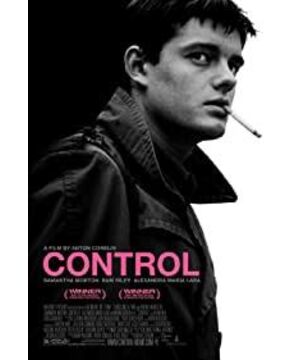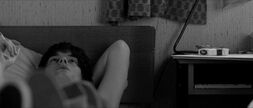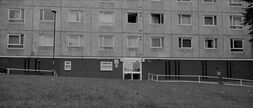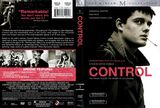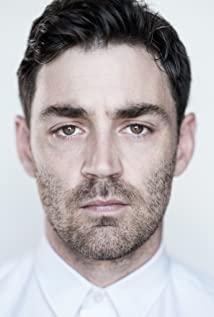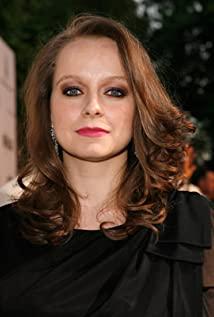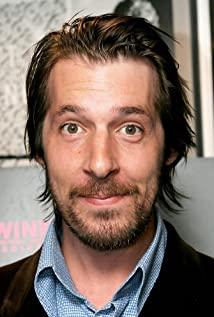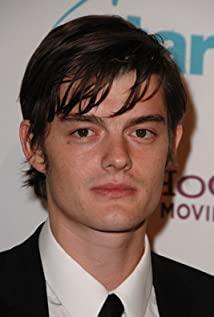The familiar music of "Love will tear us apart" suddenly sounded in the film, and tears fell. In the film, Ian walks on the street and tells his wife, "Yes, I don't love you anymore." I'm not
a fan of Joy Division, I don't know about JD's brilliance or work culture, I don't know about Ian's tall, handsome and voice, only Simply look.
The shots are beautiful, from start to finish. The director Anton Corbijn, who was a rock photographer, once took black and white performance photos for JD, so the whole film simply connected these frames in series, and each frame seemed to be a momentary memory left in the past. Coupled with the temperament of grayscale, the whole tone shows more independence and gloom, and the black and white without color reveals the reluctance of loneliness and struggle.
It is said that Sam Riley, who plays Ian, also has a little-known small band of his own, 1000things. He recreates the image of Ian Curtis, which is very enjoyable. The anger, disdain, neurotic fragility and epilepsy he showed in every shot, as well as hopelessness beyond his reach, deeply spread into the hearts of the audience.
"Young Ian. Handsome, sentimental, born poet. Before that Sex Pistols show, he was a smug, aimless youth. Say William Wordsworth to the girl you like. Listen to Bowie, Iggy Pop, The Velvet Underground. Write whatever you want in a notebook that captures inspiration. Meet Bernard Sumner and Peter Hook, become the lead singer of Warsaw, perform in clubs at night, and remain a sitting civil servant during the day - his main job is to help the unemployed and even the disabled find suitable job."
Speaking of which, the film is more like a memory dedicated to lead singer Ian. Unique temperament and incomprehensible pain, like shadows, accompany almost all talented artists. Ian's works are emotionally tangled and chaotic, and there is an inner struggle that no one can appreciate. On the one hand, the creation expresses indescribable emotions, but on the other hand, it continues to swallow the last trace of peace in his heart. As for The physical uncontrollable epilepsy was accompanied by a pile of dark matter, all of them coming together to wrap and seal Ian. . . Ian said, none of you understand how miserable I am. . . Or his twisted, dynamic dance moves that were the inspiration for his neurotic twitches.
At the age of 23, he ended his life. Reminiscent of Kurt Cobain. Some people say that suicide is really a good friend of rock and roll. There is no way to choose life, no power to choose life, so choose death? Van Gogh in the golden wheat field, Jack London who injected morphine, Hemingway facing the shotgun, they didn't choose to die, maybe they just didn't want to choose to live. Socrates said, you live or I die, which is better, only God knows.
As for some people complaining that love was the trigger for Ian's death, is it a bit one-sided. He had love and was loved, but who said that, even in deep love, we are alone. Love is here, there is no great redemption capable of exerting a beautiful mind. Ian leaves with uncontrollable love. His, Debbie's, Annik Honoré's. This love is only enough to accompany, not enough to redeem. It has nothing to do with the power of love.
Finally, I would like to mention that it was Debbie who carefully organized, faced bravely, and recorded her husband's bit by bit, and then had the blueprint for this film - "Distanse Touch" (Distanse Touch). This heart-wrenching title is a reflection of his wife's heartache and love. The beautiful and moving Annik Honoré also broke his decades-long rule of not being interviewed, and provided the writers of the film with Ian's previous stories.
So the tragic story, so moving, is beyond control.
We just watched his unbearable pain, thought of ours, and wept.
At the end of the play, there is always a cool gray tone without color.
View more about Control reviews


